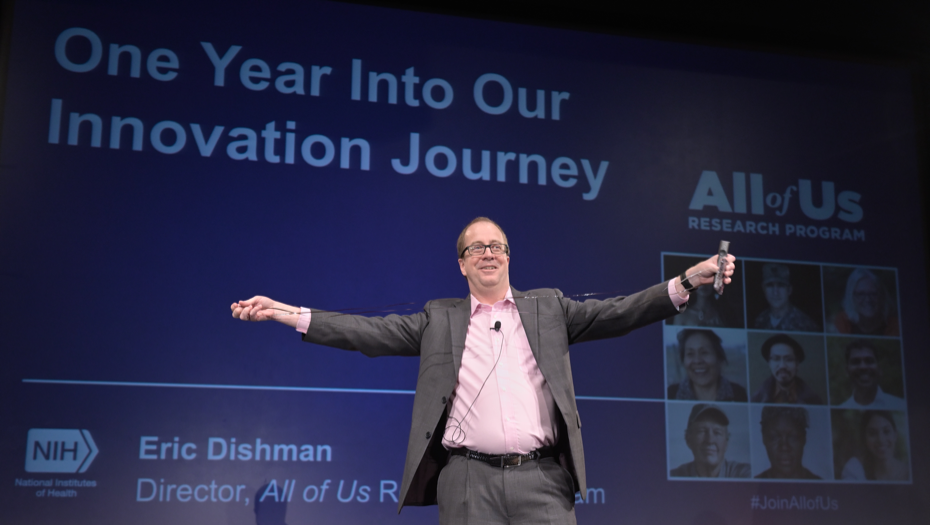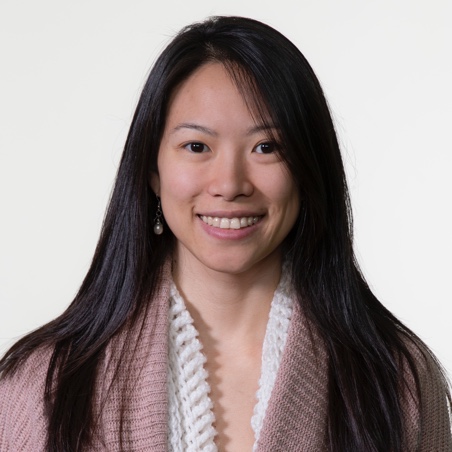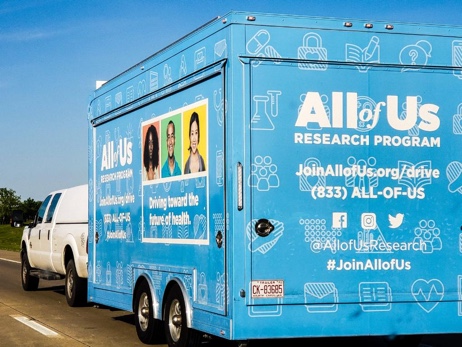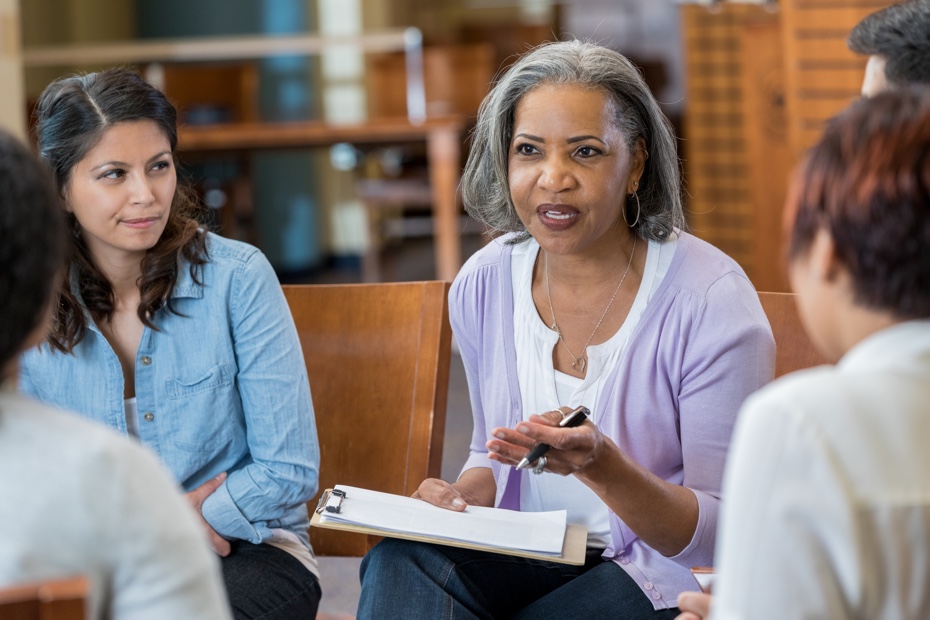This past May, the All of Us Research Program marked its 1-year anniversary. To commemorate this event, we held a day of talks. Hundreds of people came to the talks, and thousands tuned in online.
At the event, Francis S. Collins, M.D., Ph.D., director of the National Institutes of Health, spoke of the promise of precision medicine and how the All of Us Research Program can play a vital role. He talked about the Framingham Heart Study, which started in the 1940s. That study has led to breakthroughs in heart disease prevention and treatment.
“In some ways, All of Us is a bit like Framingham, but 40 times bigger, covering all health conditions, consisting of a much more diverse cohort, and using technologies never dreamed of in 1948,” Dr. Collins said. “I think it’s safe to say that the potential for All of Us is almost boundless.”
All of Us Director Eric Dishman shared his excitement about how far the program has come since its launch in 2018 and how far it can go. “Thank you all for getting us to this first birthday,” he said. “Now we’re taking the first baby steps on a new innovation journey.”
Other speakers echoed his enthusiasm. “We’re talking about pushing the envelope that I never thought would be possible when I was a medical student,” said Robert A. Winn, M.D., director of the University of Illinois Cancer Center.
During brief talks, the speakers covered a wide range of topics, such as:
- A mother’s personal story of her son’s trial-and-error medical journey and her hope that precision medicine can one day lessen that burden for others
- The potential of All of Us to help understand pain and address the opioid crisis
- How your health data belongs to you, giving you the power to share it, correct it, and use it to direct your life
Watch a recording of the event to hear from all the speakers.






 Katherine learned to love science at a very young age. At the age of 4, she began accompanying her biologist mother to work. “She used to call me her pre-post-doctoral fellow,” she says with a laugh. “I kind of grew up in the lab.”
Katherine learned to love science at a very young age. At the age of 4, she began accompanying her biologist mother to work. “She used to call me her pre-post-doctoral fellow,” she says with a laugh. “I kind of grew up in the lab.” Enjoy the Journey
Enjoy the Journey